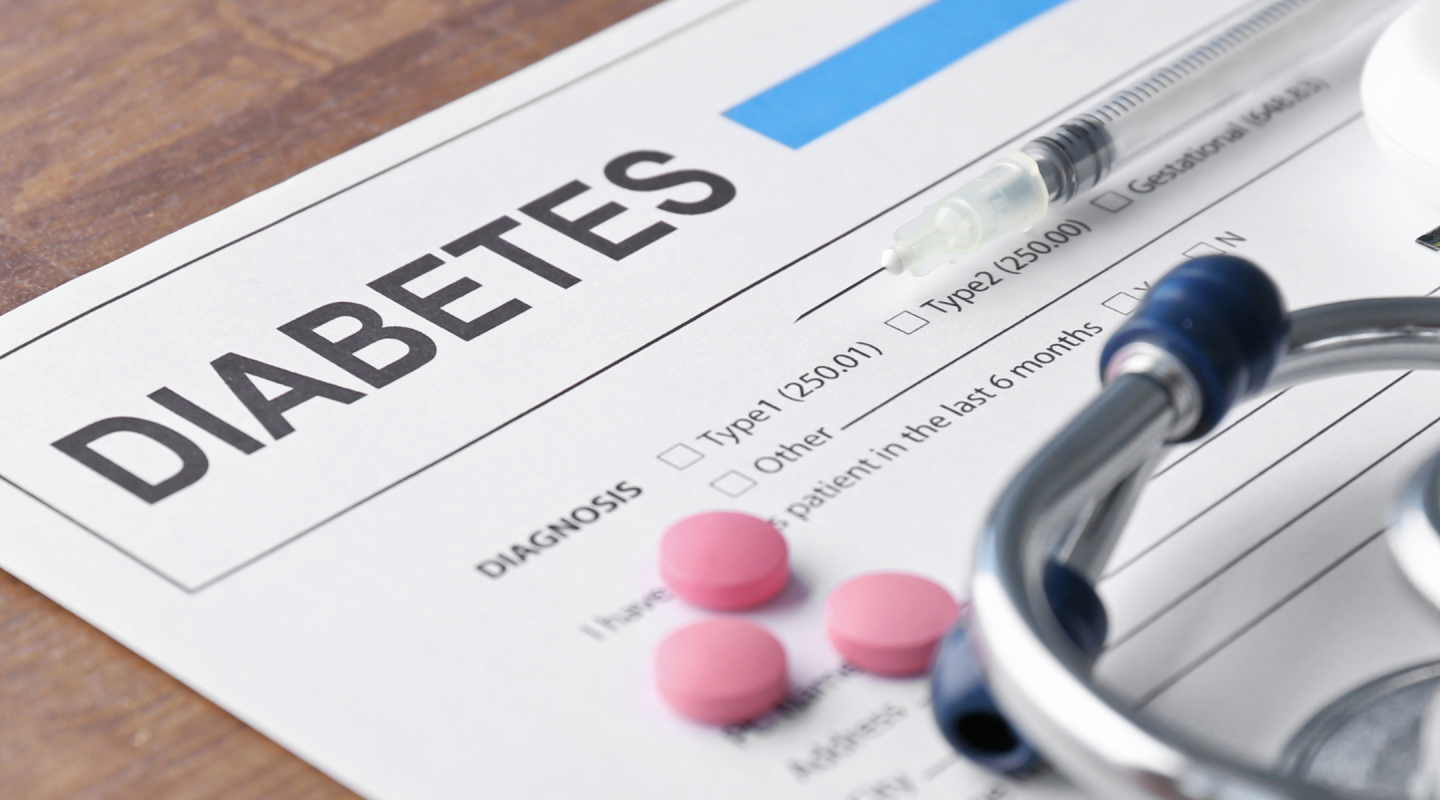By clicking “Accept All Cookies”, you agree to the storing of cookies on your device to enhance site navigation, analyze site usage, and assist in our marketing efforts. View our Privacy Policy for more information.
Exploring the Best Peptides for Weight Loss
Hormone replacement therapy, Peptides, GLP-1s, Fasting, Surgery, Weight Loss Programs are all ways individuals are currently searching for potential therapies to support their body composition goals.
By
March 14, 2024

In the pursuit of effective weight loss, many individuals seek out various strategies and supplements to support their efforts. Stay tuned as we continue this conversation on Hormone replacement therapy, Peptides, GLP-1's, Fasting, Surgery, Weight Loss Programs are all ways individuals are currently searching for potential therapies to support their body composition goals.
Peptides
Often hailed for their potential in weight management, are indeed integral to the body's intricate physiological processes. By grasping the fundamentals of peptides and their multifaceted roles in metabolism, hormone regulation, and cellular communication, we can better appreciate their significance in supporting our wellness journey. So, let's delve deeper into the world of peptides and uncover their transformative potential and help decide whether or not they may help you in achieving our weight loss goals.
In this blog, we'll explore some of the best peptides for weight loss, how they work, and considerations for incorporating them into your wellness routine. While we've only scratched the surface of the fascinating world of peptides for weight loss. Hormone replacement therapy, Peptides, GLP-1's, Fasting, Surgery, Weight Loss Programs are all ways individuals are currently searching for potential therapies to support their body composition goals. Stay tuned as we continue this conversation and explore additional strategies and insights to help you on your weight loss journey.
Understanding Peptides:
Before diving into specific peptides for weight loss, let's first understand what peptides are and how they function in the body. Peptides are short chains of amino acids, the building blocks of proteins. They play essential roles in various biological processes, including metabolism, hormone regulation, and cellular signaling. Peptides can act as messengers, carrying signals between cells and tissues, influencing physiological functions.

Peptides for Weight Loss:
Several peptides have garnered interest for their potential to support weight loss and improve body composition. Here are some of the most studied and promising peptides in this regard:
- Ghrelin Mimetics: Ghrelin is known as the "hunger hormone" because it stimulates appetite and promotes food intake. Peptides that mimic the action of ghrelin, known as ghrelin mimetics, may help regulate appetite and reduce food cravings, leading to decreased calorie intake and potential weight loss.
- Growth Hormone-Releasing Peptides (GHRPs): GHRPs stimulate the release of growth hormone (GH) from the pituitary gland. GH plays a crucial role in metabolism, fat burning, and muscle growth. By increasing GH levels, GHRPs may enhance fat loss, increase energy expenditure, and improve body composition.
- Melanocyte-Stimulating Hormone (MSH) Analogues: MSH is involved in regulating appetite and metabolism. Analogues of MSH, such as melanotan II, have been studied for their potential to suppress appetite, increase energy expenditure, and promote weight loss.
- Glucagon-Like Peptide-1 (GLP-1) Analogues: GLP-1 is a hormone that regulates glucose metabolism and appetite. Analogues of GLP-1, such as liraglutide, have been approved for the treatment of obesity and have shown efficacy in reducing body weight by decreasing appetite and food intake.

Considerations for Use:
While peptides show promise in supporting weight loss efforts, it's essential to approach their use with caution and under the guidance of a qualified healthcare provider. Here are some considerations to keep in mind:
- Safety: Ensure that peptides are obtained from reputable sources and used at appropriate dosages. Adhere to recommended guidelines and avoid excessive or inappropriate use.
- Individual Response: Peptide effectiveness can vary from person to person. What works for one individual may not produce the same results for another. It's essential to monitor your response to peptide therapy and adjust as needed.
- Comprehensive Approach: Peptides should complement a comprehensive approach to weight loss, including a balanced diet, regular exercise, adequate sleep, and stress management. They are not a substitute for healthy lifestyle habits but can be used as adjunctive therapy.
- Consultation with Healthcare Provider: Before starting any peptide regimen, consult with a qualified healthcare provider, preferably one knowledgeable in integrative and functional medicine. They can assess your health status, medical history, and individual needs to determine if peptide therapy is appropriate for you.
10 Best Peptides for Weight loss:
While there are several peptides that have been studied for their potential effects on weight loss, it's important to note that peptide products are subject to regulations and may vary in availability depending on your location and specific healthcare provider. Additionally, individual responses to peptide therapy can vary. Here are 10 peptide products that have been researched for their potential role in weight management:
- Tesamorelin: This synthetic peptide is a growth hormone-releasing hormone (GHRH) analogue. It has been studied for its ability to reduce visceral fat and improve body composition in individuals with HIV-associated lipodystrophy.
- CJC-1295: CJC-1295 is a growth hormone-releasing peptide (GHRP) that stimulates the release of growth hormone. It has been investigated for its potential to enhance fat loss and increase lean muscle mass.
- Ipamorelin: Ipamorelin is another GHRP that stimulates growth hormone secretion. Studies suggest that it may help reduce body fat and improve metabolic health.
- Melanotan II: Melanotan II is a synthetic analogue of the melanocyte-stimulating hormone (MSH). It has been studied for its potential appetite-suppressing effects and ability to promote weight loss.
- GHRP-6: GHRP-6 is a hexapeptide that stimulates the release of growth hormone. It has been investigated for its potential to increase lean body mass and reduce body fat.
- Bremelanotide (PT-141): Bremelanotide is another synthetic analogue of MSH. While primarily studied for its effects on sexual dysfunction, it has also been explored for its potential role in weight management due to its appetite-suppressing effects.
- Tesofensine: Tesofensine is not a peptide but a serotonin-norepinephrine-dopamine reuptake inhibitor (SNDRI) with potential weight loss effects. It increases levels of these neurotransmitters in the brain, leading to appetite suppression and increased energy expenditure.
- Semax: Semax is a synthetic peptide that has been studied for its cognitive-enhancing effects. While not specifically researched for weight loss, some anecdotal reports suggest that it may indirectly support weight management by improving focus and motivation for exercise and healthy eating.
- AOD9604: AOD9604 is a modified form of the growth hormone fragment 176-191. It has been investigated for its potential lipolytic (fat-burning) effects and ability to reduce body fat.
- GLP-1 Analogues (e.g., Liraglutide): GLP-1 analogues, while not technically peptides, are medications based on the natural hormone glucagon-like peptide-1 (GLP-1). They have been approved for the treatment of obesity and have shown efficacy in reducing body weight by decreasing appetite and food intake.
It's important to emphasize that the use of peptide products for weight loss should be approached with caution and under the guidance of a qualified healthcare provider. Peptides may have potential side effects and contraindications, and individual responses can vary. Always consult with a healthcare professional before starting any peptide regimen. Additionally, peptide products may require a prescription in some jurisdictions.
My final thoughts:
Peptides offer exciting potential as adjunctive therapy for weight loss and improving body composition. By understanding their mechanisms of action and considering factors such as safety, individual response, and comprehensive lifestyle approaches, individuals can make informed decisions about incorporating peptides into their wellness routine. As with any health intervention, it's essential to prioritize safety, consult with healthcare professionals, and take a holistic approach to achieving your weight loss goals.
In this blog, we've only scratched the surface of the fascinating world of peptides for weight loss. Hormone replacement therapy, Peptides, GLP-1's, Fasting, Surgery, Weight Loss Programs are all ways individuals are currently searching for potential therapies to support their body composition goals. Stay tuned as we continue this conversation and explore additional strategies and insights to help you on your weight loss journey.
Remember, the journey to achieving your weight loss goals is unique to you. While peptides may offer significant promise, they are just one piece of the puzzle. By combining their potential benefits with a comprehensive approach that includes healthy eating, regular physical activity, and stress management, you can optimize your chances of success.
So, whether you're considering peptide therapy or exploring other avenues for weight loss, approach your journey with patience, diligence, and a commitment to your overall well-being. With the right support and guidance, you can navigate the path to a healthier, happier you.
Work with Us
Nina Olsen, RDN, CD/LD I Julie Wallace, RD, LD
Website I Facebook I Instagram I Podcast
To register for the Facebook Group
Online Programs, Packages & Courses

References:
Commissioner, O. of the. (n.d.). FDA approves new drug treatment for Chronic Weight Management, first since 2014. Retrieved from https://www.fda.gov/news-events/press-announcements/fda-approves-new-drug-treatment-chronic-weight-management-first-2014
Ryan DH. Next Generation Antiobesity Medications: Setmelanotide, Semaglutide, Tirzepatide and Bimagrumab: What do They Mean for Clinical Practice? J Obes Metab Syndr. 2021 Sep 30;30(3):196-208. doi: 10.7570/jomes21033. PMID: 34518444; PMCID: PMC8526285.
Gao Y, Yuan X, Zhu Z, Wang D, Liu Q, Gu W. Research and prospect of peptides for use in obesity treatment (Review). Exp Ther Med. 2020 Dec;20(6):234. doi: 10.3892/etm.2020.9364. Epub 2020 Oct 16. PMID: 33149788; PMCID: PMC7604735.
Kumar MS. Peptides and Peptidomimetics as Potential Antiobesity Agents: Overview of Current Status. Front Nutr. 2019 Feb 18;6:11. doi: 10.3389/fnut.2019.00011. PMID: 30834248; PMCID: PMC6388543.
Peptide. (n.d.). Retrieved from https://www.genome.gov/genetics-glossary/Peptide





